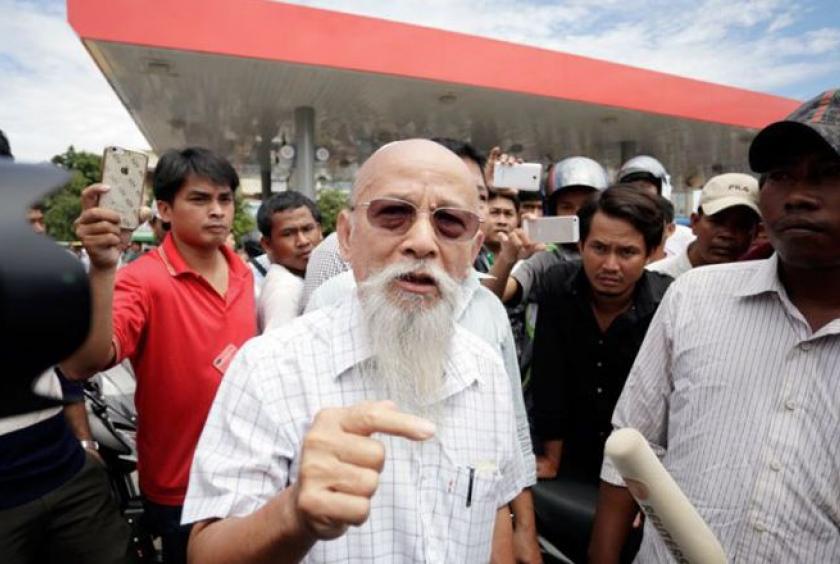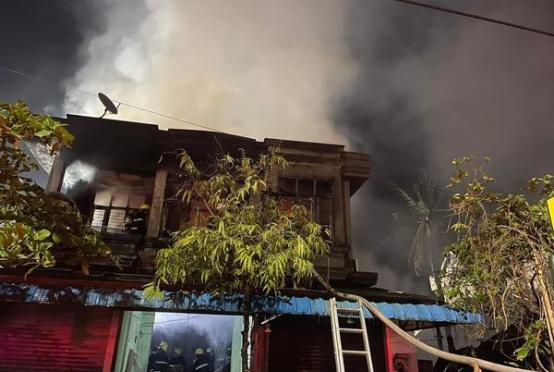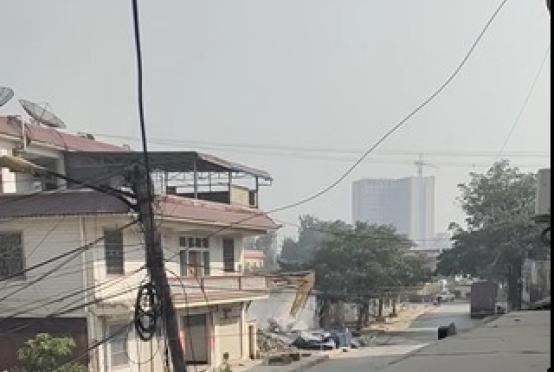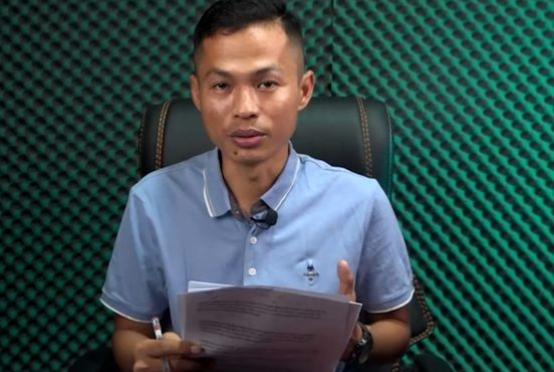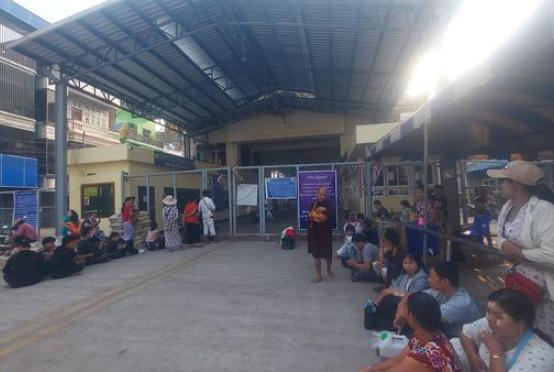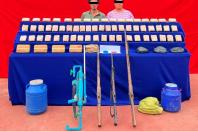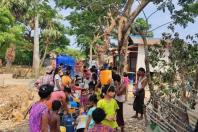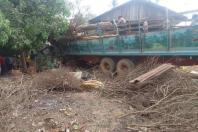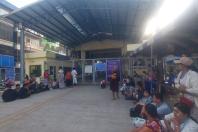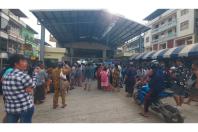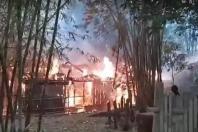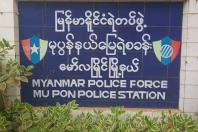The Phnom Penh Post/ANN - Senior government officials on Thursday defended the Kingdom’s “homegrown” democracy, and hit back at criticisms from foreign countries and former leaders of the Supreme Court-dissolved Cambodia National Rescue Party (CNRP) which claimed it had been set back.
Ministry of Interior secretary of state Ngy Chanphal and government spokesman Phay Siphan were speaking at the “Cambodia and Democracy” press conference held by the Government Spokespersons Unit at the Council of Ministers in the capital.
The press conference was held to raise awareness of how democratic principles were being applied to promote better governance at the local level to further the Kingdom’s development.
Chanphal said that the democracy being implemented in Cambodia was homegrown and not copied or brought in from other countries.
Democracy in the Kingdom had instead been established by Cambodia itself in line with the realities of its situation. Cambodia was not following anyone else’s orders, he said.
“We have progressed for more than 30 years. It is impressive progress, and it is in line with the principles of democracy – with statutes, the rule of law and social justice.
“Certain people want to take democracy in Cambodia hostage, but Cambodia will not take their wrong path . . . it will not bow to them. So they have nothing else to do other than attack Cambodia,” Chanphal said.
He said the democracy that has been implemented by the government depended on good faith. If a political party were to lose an election, then it had to accept the fact and prepare to participate in the next.
Government spokesman Phay Siphan said all citizens were involved in the democracy of today, unlike from 1970-1975 when it had been chosen at gunpoint and led to war.
Today, no one ordered Cambodia to adopt the ideas of others, and the Kingdom had achieved national unity as stipulated in the Constitution.
Regarding remarks by some foreign nations and former CNRP politicians that Cambodia had strayed from the path of democracy, Siphan stressed that such allegations were pure slander.
They had distorted the facts because they had turned a blind eye to Cambodia’s progress.
“These people must see Cambodia’s economic growth of seven per cent a year, and infrastructure had been built.
“The Kingdom demonstrates active participation in protecting global security by sending troops all over the world to work with the UN as peacekeepers,” Siphan said.
However, former CNRP lawmaker Ou Chanrath said although the government dismissed the remarks by some foreign nations about a setback in democracy, it should believe the words of its citizens.
The people, he said, had complained about a setback in democracy on social media, and experienced greater restrictions on the freedoms of expression and speech, which had rendered them fearful.
All the problems they faced showed democracy had indeed suffered a setback, while there was more to a true democracy than elections alone.
Cambodia being a multi-party liberal democracy was enshrined in the Constitution, he said. Hence, the terms that outline this had to be respected.
“I also think that democracy in Cambodia is moving backwards. If [the government] wants to restore the democratic space to avoid foreign pressure and reinstate Cambodia’s image on the international stage, the government must release [CNRP president] Kem Sokha.
“CNRP commune and district officials must be reinstated, and the CNRP must be allowed to function again to enter free and fair elections,” Chanrath said.
Political analyst Lao Mong Hay said the government’s claims were not backed up by the facts. The Constitution had been violated. The institutions of democracy and those of the rule of law were dysfunctional. There had been violations of civil and political rights.
“There is hardly any democracy to talk of these days. Democracy is on its deathbed,” Mong Hay said.

